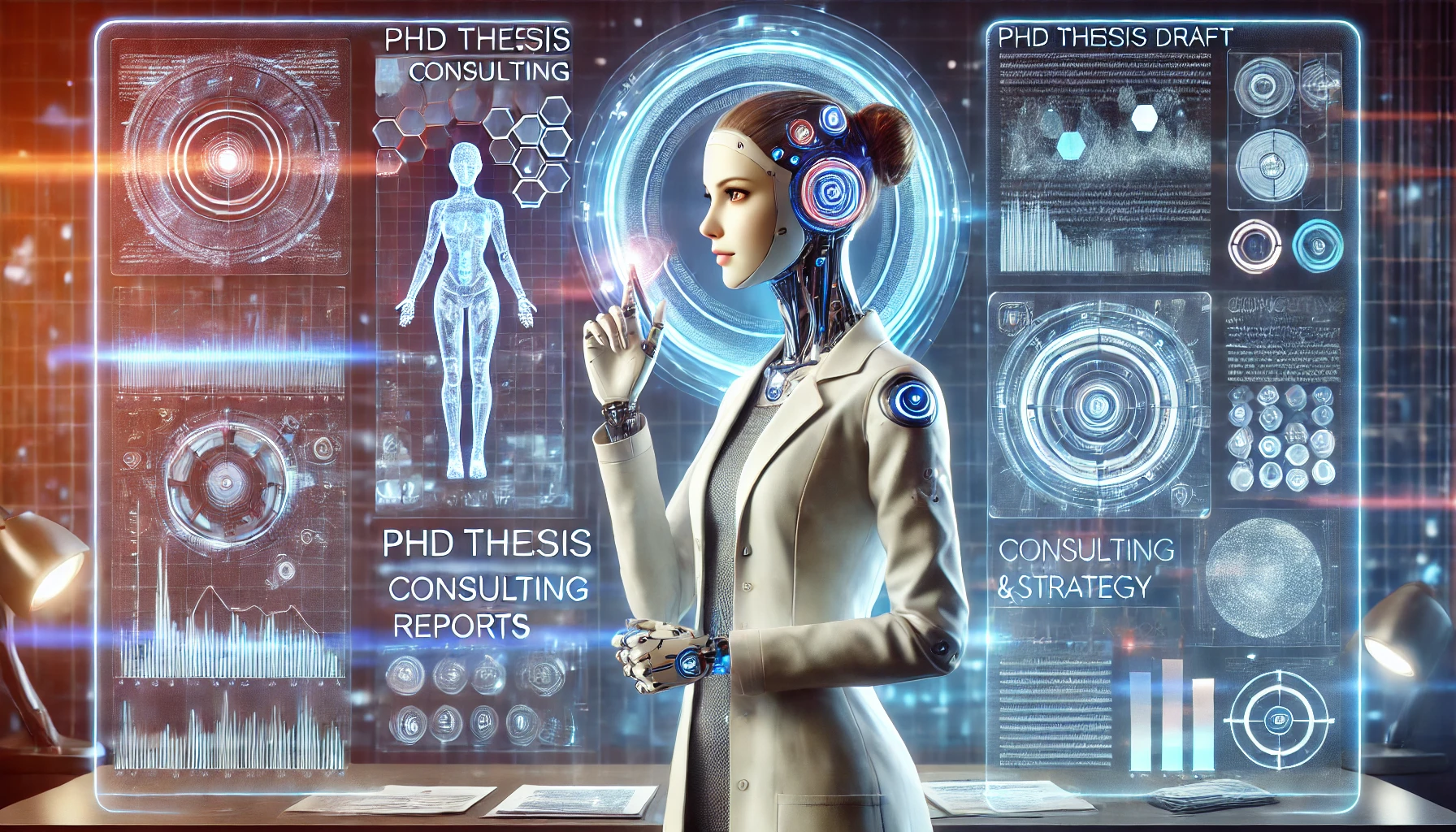Deep Dive into AI-Based Deep Research: Emerging Tools and Innovations
Artificial intelligence (AI) is rapidly transforming how research is conducted, with deep learning and natural language processing (NLP) driving the development of powerful tools capable of automating tasks, analyzing large datasets, and generating insightful reports. In this article, we explore key advancements in AI-based deep research, focusing on emerging tools and innovations from OpenAI, Google DeepMind, Hugging Face’s open-source DeepResearch initiative, and Stanford’s STORM.
Key Innovations and Tools
OpenAI
OpenAI Deep Research: This AI-powered assistant autonomously synthesizes information from various online sources, including text, images, and PDFs, to generate comprehensive reports. Built on OpenAI’s O3 reasoning model, it excels in finding non-intuitive and niche information while offering structured, analyst-grade summaries. More about OpenAI Deep Research.
GPT Series: OpenAI’s GPT-4 provides enhanced multilingual understanding and accurate natural text generation.
Google DeepMind
Gemini Advanced Deep Research: Google’s most capable AI model integrates multimodal inputs to generate high-level research outputs. Key tools include AlphaFold for protein structure prediction and Project Astra for general-purpose AI support. More about Google Gemini Advanced Deep Research here.
Hugging Face's Open-Source DeepResearch Initiative
Hugging Face aims to democratize access to AI research tools by offering open-source alternatives to proprietary systems like OpenAI’s Deep Research. Community-driven knowledge models and flexible NLP integration make it ideal for budget-friendly academic or individual research. More about Hugging Face Open Deep Research with code.
Stanford’s STORM
STORM System: An AI-powered knowledge curation tool creating structured, Wikipedia-style articles. It supports human-in-the-loop collaboration through the Co-STORM platform, ensuring high-quality knowledge curation. More about Stanford's STORM.
Key Trends in AI-Based Research
- Rise of AI Agents: Transition from chatbots to autonomous AI research agents.
- Focus on Data Quality: Prioritization of high-quality data over large-scale models.
- Multimodal AI: Integration of text, images, and video inputs for comprehensive outputs.
Recommendations for Companies
- Invest in Infrastructure: Ensure scalable storage, secure networks, and high-performance computing for advanced AI tools.
- Build AI Skill Sets: Train teams in prompt engineering and AI project management.
- Prioritize Ethical AI: Establish guidelines to prevent bias and protect privacy.
Future Outlook: AI as Virtual Co-workers
AI agents are expected to evolve into virtual co-workers capable of autonomous research and decision-making. As real time AI generation tools become mainstream and improves, AI’s role in research will further expand. Governance frameworks, like the EU’s AI Act, could continue to shape or obstruct the development and ethical use of AI-based research globally. By embracing these innovations and addressing their challenges, organizations can unlock the full potential of AI-driven research, gaining a competitive edge in a knowledge-driven economy.
